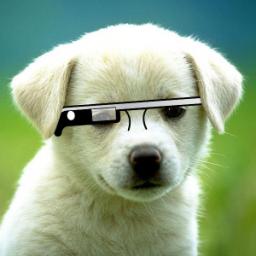Wearable Computing: Boom or Bust?
 Is wearable tech the next big thing, or has it already come and gone? Either way, it's the hot topic of 2014.
Is wearable tech the next big thing, or has it already come and gone? Either way, it's the hot topic of 2014.Blame Google, whose Google Glass eyewear got everyone excited about something newer and trendier than an expensive smart phone (and made at least some people into instant glassholes ), or blame Samsung's Galaxy Gear watch, the Pebble , and the Nike Fuelband . It's easy to believe wearable computing is the next wave of tech innovation. If so, we're not quite there yet, judging by reviews of current products. In fact, some pundits believe innovation is already beginning to run out of steam .
Wearable tech is being attacked from all angles. While the techies wonder if Google Glass can pass the ACID test , everyone else is just having enormous amounts of fun parodying what a family full of wearable computer users might actually look like.
Think of someone who's hearing impaired. Google glass can easily be used to write captions for them so they no longer have to try and read the lips of someone who won't look at them, or if someone behind them is yelling at them for some reason. They can go to a movie and have captions for the movie displayed on the device rather than having to ware the stupid mirror glasses that see the caption device at the back of the theater, only available for some theaters and only for some movies.
Like wise the device can be used for someone who's visually impaired by describing important surrounding events, maybe like when a blind person approaches a stoplight or intersection, it can tell them if it's safe to cross or if they should stop. OCR can be used to read signs and describe the text to someone who can't read it.
There's a whole host of things this device *could* be used for, even in a non-accessibility sense. Unfortunately a few of vocal people are so concerned that someone might be filming them *in a public place* they'll probably have the device killed before it can even be used for anything to improve the vast majority of lives.